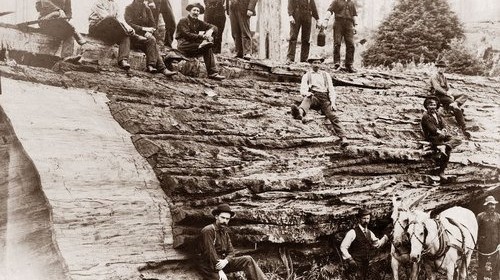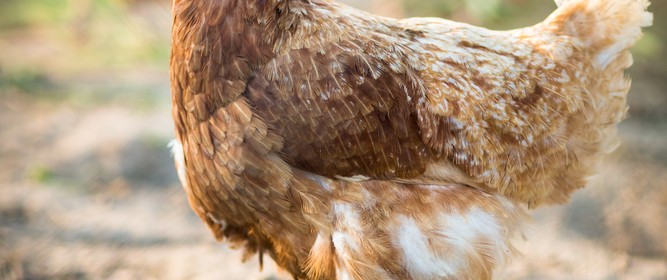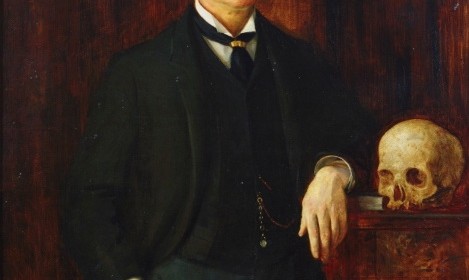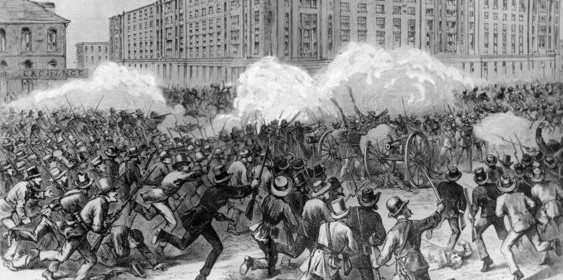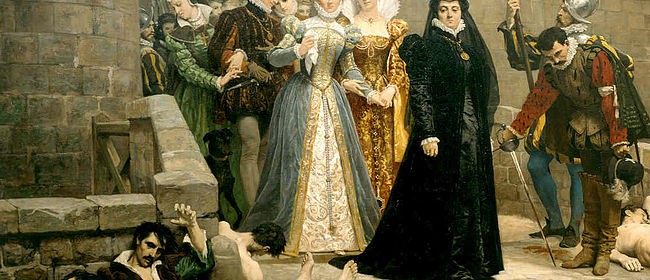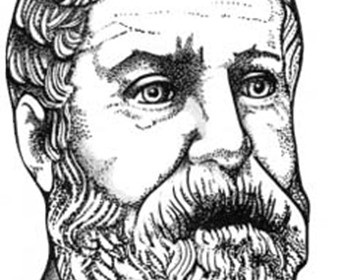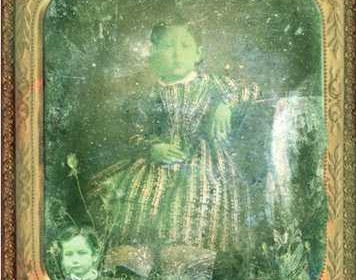Exploding Head Syndrome

Ever been suddenly awakened from sleep by something that sounds like booming thunder, a shotgun blast, or perhaps a bomb singing the song of its people? But when you awake, you realize there was no apparent external source for the sound? Well, congratulations, you just experienced a rather curious condition known as Exploding Head Syndrome, and you’ve likely not got […]
Read more




 In its various incarnations, the F-word can be a noun, verb, adjective, and even an infix. The Crescent wrench of the English language, the F-bomb […]
In its various incarnations, the F-word can be a noun, verb, adjective, and even an infix. The Crescent wrench of the English language, the F-bomb […]
